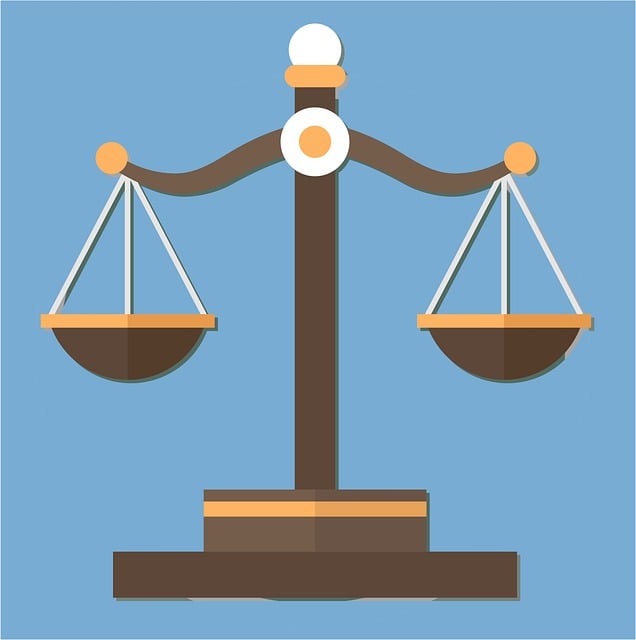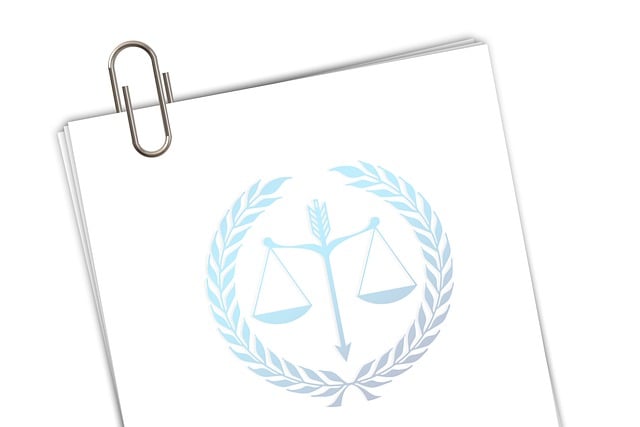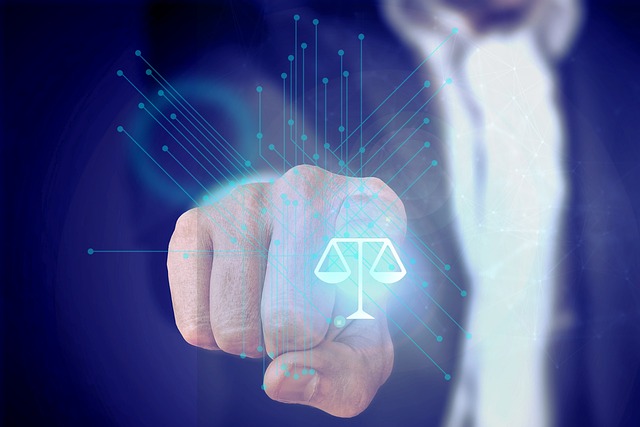Facing criminal charges? Understanding the process is key, mirroring administrative law steps for fairness. It starts with arrest/citation, followed by a preliminary hearing, plea phase, and defense attorney guidance throughout. These attorneys navigate complex steps in administrative law proceedings, challenging evidence, advocating rights, aiming for charge dismissal or mitigation. They strategize pre-trial, file motions, and during trial, build defenses, ensuring client protection through every step.
Criminal Defense Attorneys play a pivotal role in ensuring fairness within the criminal justice system. This article guides you through the intricate process, from understanding the criminal defense process to the trial phase. We explore essential steps like pre-trial motions and evidence handling, highlighting the strategic moves that shape legal outcomes. By delving into these key areas, including the administrative law proceedings, readers gain valuable insights into the critical role attorneys play in protecting rights and navigating complex legal landscapes.
- Understanding Criminal Defense Process
- Role of Attorneys in Legal Proceedings
- Pre-Trial Steps: Evidence and Motions
- The Trial: Presenting Your Case
Understanding Criminal Defense Process
Understanding the criminal defense process is crucial for anyone facing charges. It involves several steps, mirroring the principles of administrative law proceedings, that ensure fairness and due process. The initial stage involves an arrest or citation, where a suspect is informed of the allegations against them. This is followed by a preliminary hearing to establish probable cause, determining if there’s enough evidence to proceed with the case.
If charged, the defendant enters the plea phase, where they can plead guilty, not guilty, or sometimes opt for a plea bargain, which may include avoiding indictment and negotiating a reduced sentence. Throughout this process, criminal defense attorneys play a vital role in guiding clients, challenging evidence, and advocating for their rights within the legal system. The goal is often to achieve a complete dismissal of all charges or mitigate consequences for the accused, fostering trust and support within philanthropic and political communities.
Role of Attorneys in Legal Proceedings
Criminal Defense Attorneys play a pivotal role in legal proceedings, acting as advocates for both corporate and individual clients facing criminal charges. Their primary objective is to ensure fairness and protect the rights of their clients throughout the entire process. They guide their clients through the complex steps in administrative law proceedings, from initial investigations to trials.
Through strategic planning, extensive research, and persuasive argumentation, these attorneys aim to avoid indictment and fight for a complete dismissal of all charges. By understanding the nuances of the law and leveraging evidence, they work tirelessly to challenge the prosecution’s case, ultimately striving to achieve the best possible outcome for their clients.
Pre-Trial Steps: Evidence and Motions
Before reaching the courtroom, Criminal Defense Attorneys employ a series of strategic steps during the pre-trial phase to build a robust defense. One of the initial and crucial tasks is thoroughly examining all evidence gathered by the prosecution. This involves a meticulous review of documents, physical evidence, witness statements, and any other relevant information. Using this analysis, attorneys can identify potential weaknesses in the case, uncover discrepancies, or discover undisclosed facts that might favor their client.
Furthermore, they file motions to suppress inadmissible evidence or challenge the legal basis for charges brought against their clients. These motions include arguments related to illegal search and seizure, violation of constitutional rights, or technical errors in law enforcement procedures. Skilled defense attorneys aim to navigate these steps in administrative law proceedings to ensure a fair trial and, where applicable, work towards achieving a complete dismissal of all charges, especially for white collar and economic crimes that demand meticulous handling.
The Trial: Presenting Your Case
The trial is a pivotal phase for Criminal Defense Attorneys as they aim to present their client’s case and advocate for their rights. It involves a structured process where evidence is presented, testimonies are given, and legal arguments are put forth. The steps in this trial can be likened to the stages of administrative law proceedings, ensuring fairness and due process. From opening statements to witness examinations and closing arguments, each phase demands meticulous preparation and strategic thinking.
Attorneys must build a compelling narrative, challenging the prosecution’s case while presenting their client’s actions in the best light. This includes cross-examining witnesses, introducing evidence that supports the defense, and addressing any legal discrepancies. The ultimate goal is to secure a favorable outcome, whether through a plea bargain or, successfully, a complete dismissal of all charges. Across the country, jury trials remain a common method for reaching these verdicts, making the role of a skilled Criminal Defense Attorney even more critical in navigating this complex process.
Criminal defense attorneys play a pivotal role in navigating the complex steps in administrative law proceedings, from understanding the criminal defense process to pre-trial evidence and motions, and ultimately presenting their client’s case at trial. Their expertise ensures that rights are protected, and justice is served, making them indispensable in the pursuit of fairness within the legal system.






